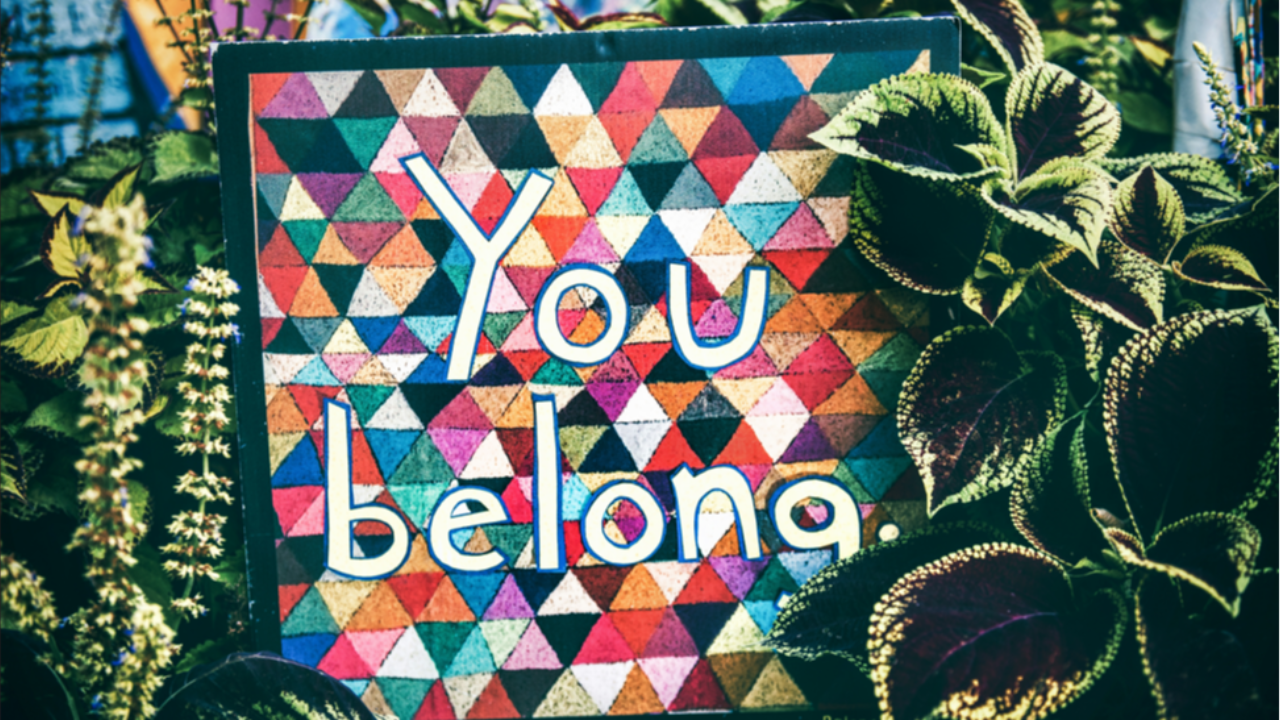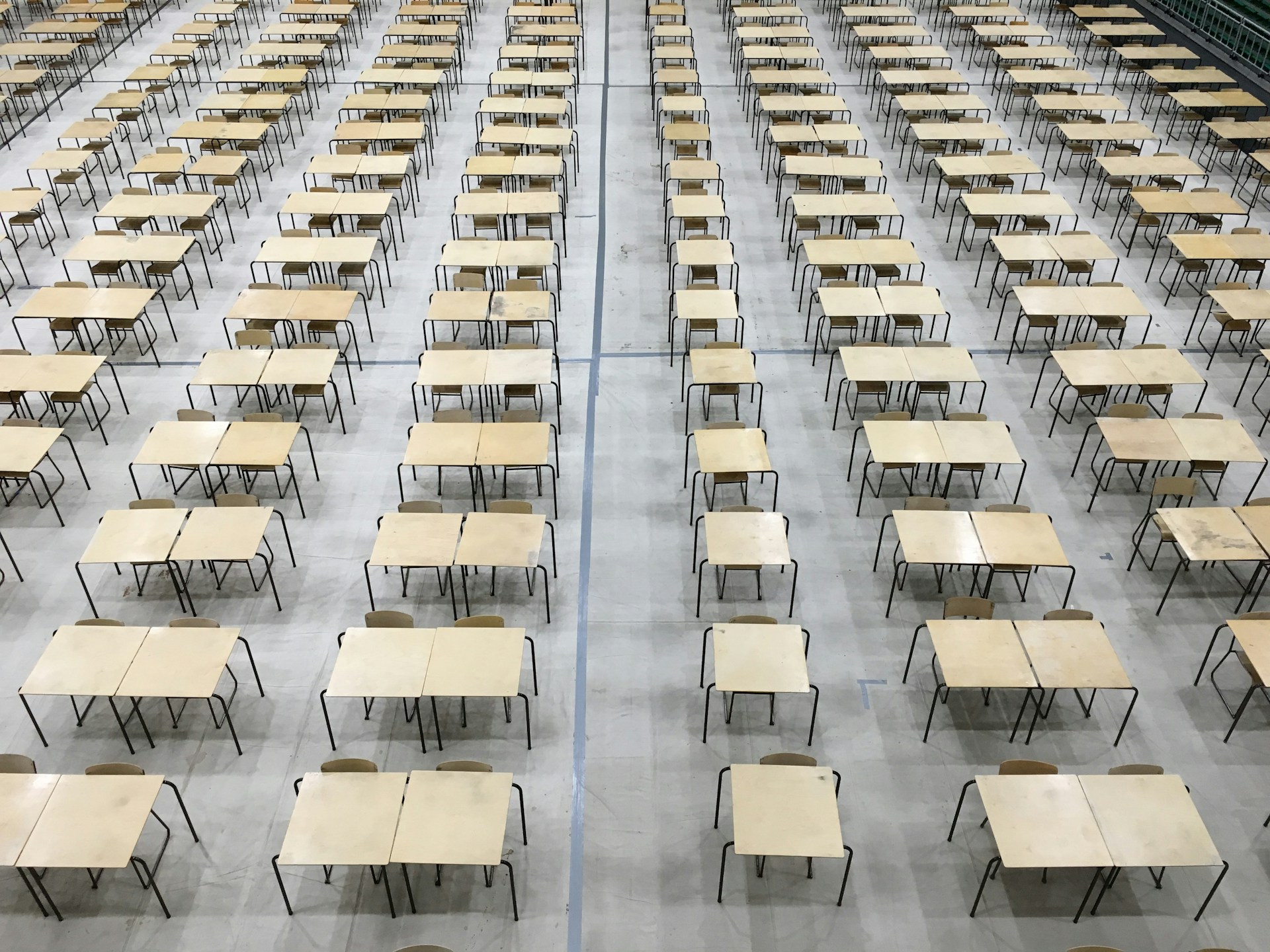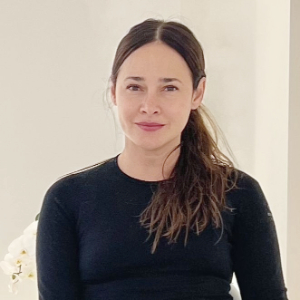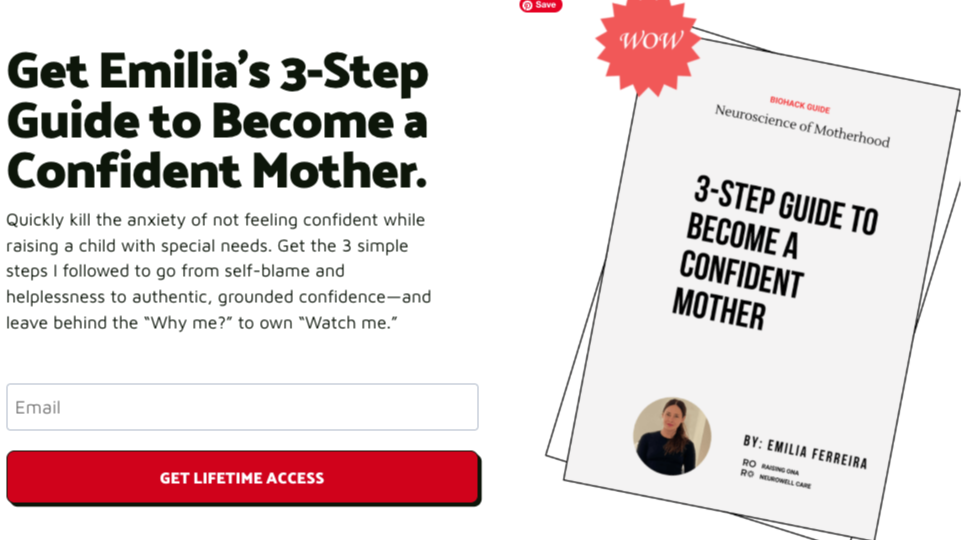
Inclusion is Counterintuitive: Rethinking Education in the Shadow of the Industrial Revolution
Inclusion—let’s just pause and say it out loud for a second. Inclusion. It’s one of those words that gets tossed around like a convenient soundbite, thrown into every educational policy, and tacked onto the ends of mission statements, often to reassure us that we’re on the right side of history. But here’s the thing—true inclusion is counterintuitive. And I’m not just talking about the usual disagreements over whether we’ve got enough ramps or whether the language we use is inclusive enough. Inclusion, at its deepest level, calls into question the very foundations of what education is—and how we’ve been doing it all wrong, for centuries.

See, the educational system we have today is an artifact of the Industrial Revolution. It wasn’t designed with kids in mind—it was designed to churn out factory workers who could slot neatly into predetermined roles, fit into a box, obey orders, and repeat whatever they were told. The whole system—the bells, the rigid schedules, the conformity—is a vestige of an era that demanded obedience and productivity over imagination and individuality. It’s a system that, by its very design, alienates the vast majority of the students who walk through its doors. And what’s worse, it perpetuates a false hierarchy, an artificial order of value where some minds are exalted, while others are quietly discarded as “less than.”
And here’s where inclusion—true inclusion—becomes not just a reform, but an upheaval. It’s counterintuitive because it suggests that instead of squeezing every kid into a box, we should be blowing the boxes apart. Education should be about expanding the mind, not constricting it. But the way we currently educate our children doesn't do that. It trains them to think they fit into some predetermined slot in society. It teaches them that their worth is tied to fitting in, not standing out or thinking differently. It teaches them that success means adhering to a narrow set of standards that are arbitrarily designed to produce a homogenous, obedient mass of people. In other words, we’ve got an educational system that takes kids and essentially says, fit in, or fail.

And there’s a real tragedy in this. When we, as parents or as educators, allow this system to go unchallenged, we set the stage for a future where children grow up believing that their value is defined by their ability to conform. What we fail to teach them—by our very inaction—is the deep, vital truth that the real work of education isn’t fitting in at all. The real work is learning how to contribute—to society, to humanity, to the greater good. But to do that, we first need to understand that each child is a unique, evolving being, whose value isn’t determined by how well they fill out a bubble sheet or obey a set of rules that have been in place for hundreds of years.
What happens when we fail to see this? What happens when we, as parents, lack the emotional capacity to understand our role in changing the future of education? We raise children who grow up thinking their contribution doesn’t matter, or worse, that they have no real contribution to make. It’s an existential trap. It teaches them that they can’t truly serve the world, that they have no agency, no real ability to influence the course of events. And the worst part is—this isn’t just a personal tragedy for each individual child. It’s a cultural tragedy, a societal tragedy. Because when you teach kids that they’re nothing more than parts in a machine that doesn’t value them as individuals, you breed a society of people who feel disconnected, alienated, and incapable of creating real change.

This is the paradox: we tell them to find their place, but we never teach them how to make their place. We never show them that the system is broken—that it’s the system, not them, that’s flawed. We tell them to color inside the lines, never once showing them the beauty of the blank page. And then we wonder why they leave school feeling like they can’t contribute anything of value to the world. We’ve done nothing but teach them to comply.
And this, of course, isn’t just a critique of the educational system itself. It’s a critique of the culture we’ve built around it. The system mirrors a culture that values conformity over individuality, obedience over innovation. It’s a culture that tells us what’s worth pursuing, what’s worth contributing to, what’s worth creating. And it’s a culture that, at its core, has forgotten how to listen to the voices of the marginalized, the excluded, the overlooked. The very people we should be lifting up.

But here’s the beautiful, deeply romantic thing about this: it doesn’t have to be this way. Inclusion, when it’s done right, doesn’t just dismantle the boxes; it reimagines the entire system. It takes the idea of "success" and turns it on its head. It shifts the conversation from fitting in to creating something new. When we stop treating education like a factory assembly line, and start treating it like a playground for creativity, critical thinking, and collaboration, we start to see the true potential in every student. And that potential, the kind that isn’t tethered to outdated hierarchies or arbitrary standards, is what will shape the future.
So yes, inclusion is counterintuitive. But maybe that’s the point. Because if we don’t rethink the very foundations of education, we risk raising a generation of people who believe that they can’t change the world—that they are just passive players in a game they never chose. But if we embrace inclusion—truly, radically—we might just teach them how to create their own game, to rewrite the rules, and to finally, finally, contribute to a world that needs their voices.



